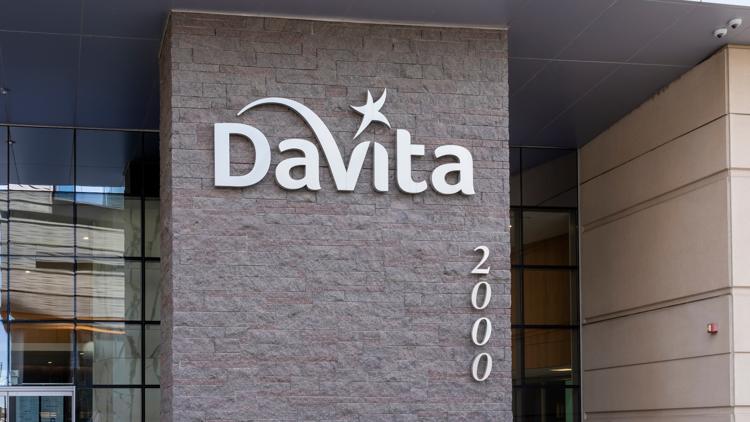DaVita dealing with ransomware attack on its network, patient care continues


DaVita, which operates nearly 3,000 outpatient clinics and partners with approximately 760 hospitals, served around 200,000 U.S. patients last year.
WASHINGTON — DaVita Inc., one of the largest dialysis service providers in the United States, has revealed it is dealing with a ransomware attack that has disrupted portions of its operations. The company made the announcement in a regulatory filing with the United States Securities and Exchange Commission on April 12.
The attack encrypted “certain elements” of DaVita’s network, leading the company to activate its cybersecurity response protocols and isolate impacted systems. While patient care continues, DaVita said the incident is still affecting operations and the full scope of the ransomware attack remains unclear.
The company has worked to restore some functions, but has not released details on how long other disruptions may last. The investigation is ongoing, and the extent of any data compromise has not been confirmed.
“We are currently experiencing a cyber incident that has impacted certain systems in our network. We have activated backup systems and manual processes to ensure there’s no disruption to patient care. Our teams, along with external cybersecurity experts, are actively investigating this matter and working to restore systems as quickly as possible,” DaVita said in a statement.
DaVita, which operates nearly 3,000 outpatient clinics and partners with approximately 760 hospitals, served around 200,000 U.S. patients last year.
“There is potential for a very large impact, given DaVita’s scale of operations,” Scott Weinberg, CEO of managed service firm Neovera told GovInfoSecurity. “If patient records were encrypted, sensitive data like medical histories and personal identifiers might be at risk.”
“For dialysis patients needing regular treatments to survive, this attack is extremely serious,” Weinberg continued, warning that disruptions in time-sensitive healthcare services could lead to increased health complications.


